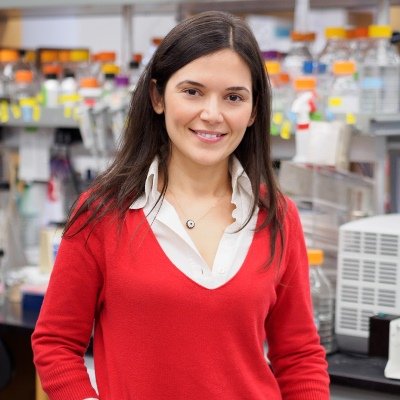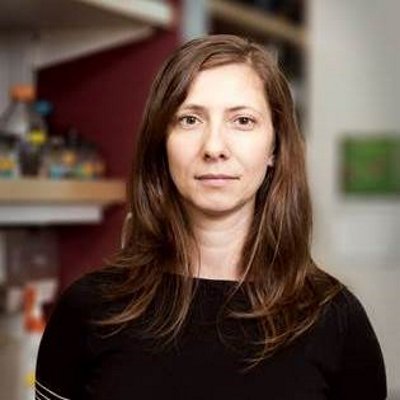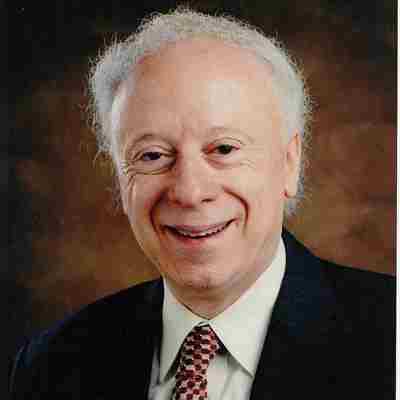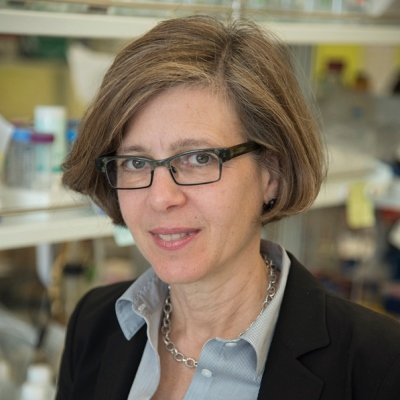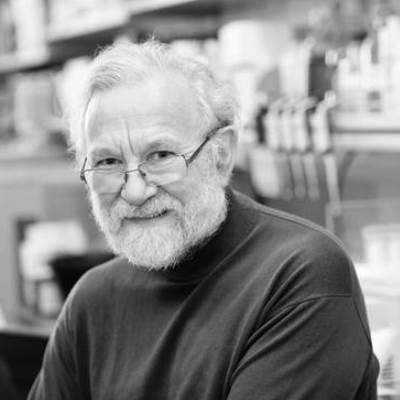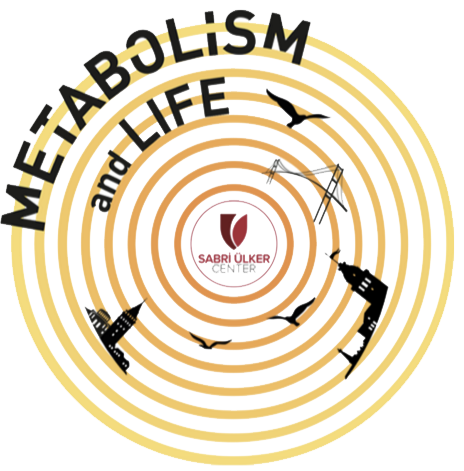


Brenda Schulman’s lab studies how proteins and lipids are regulated by becoming covalently linked to the small protein ubiquitin or to structurally related ubiquitin-like proteins (UBLs). This is a widespread mechanism controlling timing, subcellular location, assembly, conformation, and activity of thousands of different human proteins and macromolecules. Defects in ubiquitin and UBL pathways have been associated with numerous diseases, including cancers, neurodegenerative disorders, and viral infections. Thus, understanding mechanisms underlying regulation by ubiquitin and UBLs is of broad importance for understanding signaling pathways and targeting them in diseases. The Schulman lab is recognized for illuminating the mechanisms of ubiquitin and UBL ligation, and for using a distinctive in vitro biochemical reconstitution approach to identify novel in vivo regulatory pathways.
Dr. Schulman received her Ph.D. from M.I.T. in 1996, was a postdoctoral fellow at MGH Cancer Center and at Memorial Sloan-Kettering Cancer Center, and began her faculty appointment at St. Jude Children’s Research Hospital in 2001. She is an Investigator of the Howard Hughes Medical Institute, and the Joseph Simone Chair in Basic Research at St. Jude. Schulman has been named a Pew Scholar in the Biomedical Sciences and a Beckman Young Investigator, and she received a Presidential Early Career Award for Scientists and Engineers. She was a joint winner of The Protein Society’s Dorothy Crowfoot Hodgkin Award, and was elected to the American Academy of Arts and Sciences in 2012 and the National Academy of Sciences in 2014, and was named a Vallee Visiting Professor in 2016.
